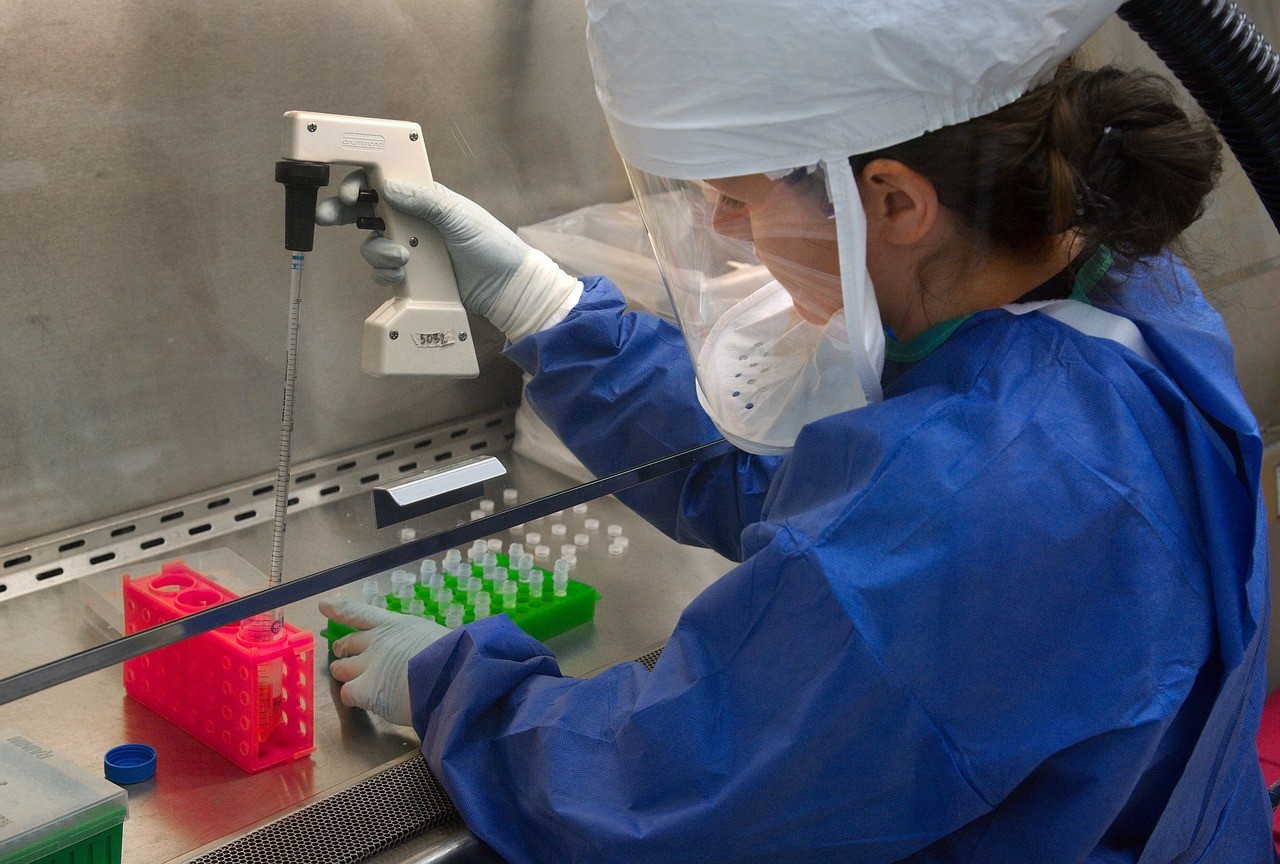Picture this: A fortress fortified with walls, moats, and sentinels, standing tall against invaders and ensuring the safety of its inhabitants. This isn’t a tale from medieval history but a metaphor for the incredible world within each of us – our immune system. In the sprawling landscape of scientific pursuits, immunology emerges as a captivating realm, combining the thrill of discovery with the profound satisfaction of understanding the very defenses that keep us alive. Today, as we stand on the threshold of new medical revolutions and face unprecedented global health challenges, the call to understand and harness our body’s natural defenses grows ever louder.
A career in immunology beckons for those with a passion for biology, an insatiable curiosity, and a desire to make tangible impacts on healthcare. As you read on, you’ll unearth the pathways, challenges, and rewards of venturing into this profound scientific domain. So, grab your metaphorical armor and gear up; the journey into the dynamic world of immunology awaits!
A Brief Introduction to Immunology
Immunology revolves around the study of the immune system in all organisms. It’s the science that deciphers how our bodies defend themselves against pathogens, such as bacteria, viruses, and other harmful invaders. Researchers and professionals in this field dive deep into understanding how the immune system functions, how diseases develop, and how we can enhance or modulate the immune responses for therapeutic purposes.
Educational Foundations: Where to Begin
- Bachelor’s Degree: Most immunologists start with a bachelor’s degree in biology, biochemistry, or a related field. This foundational education provides you with a basic understanding of life sciences, which is crucial for advanced studies in immunology.
- Master’s and Doctorate Degrees: An online MPH degree offers flexibility for working professionals, allowing them to gain expertise in public health without compromising their existing commitments. However, if you wish to delve deeper into research or take on specialized roles, obtaining a master’s or even a Ph.D. in immunology or a closely related field will be essential. These programs offer comprehensive coursework and hands-on laboratory experiences that are pivotal for a budding immunologist.
Key Skills and Attributes for Success
- Analytical Abilities: Decoding the intricacies of the immune system requires sharp analytical skills. Be prepared to scrutinize data and draw meaningful conclusions.
- Laboratory Prowess: Mastering laboratory techniques is crucial. Much of the groundbreaking work in immunology happens behind lab doors.
- Perseverance: Research can be a slow process with many trials and errors. Having the tenacity to persist and continue digging for answers is a must.
- Communication Skills: Immunologists often collaborate with other scientists and healthcare professionals. Being able to articulate your findings and theories clearly is vital.
Choosing a Specialization
Immunology is vast, and you’ll find numerous sub-disciplines as you dive deeper. Some of the exciting areas include:
- Clinical Immunology: Focus on diagnosing and managing immune system disorders. This involves direct patient care and often liaises with other medical specializations.
- Molecular and Cellular Immunology: Delve into the cellular mechanisms and interactions at play within the immune system.
- Vaccinology: A timely specialization! Here, you’d be involved in vaccine research, development, and testing.
Finding the Right Opportunity
- Research and Academia: Universities and research institutions are always on the lookout for passionate immunologists. Here, you can teach, lead research projects, and even publish your findings.
- Pharmaceutical Companies: These entities offer roles in drug discovery, vaccine development, and clinical trials.
- Hospitals and Diagnostic Labs: With a focus on clinical immunology, you can diagnose and treat patients with immune-related disorders.
Building a Network
As with many professions, networking is key in immunology. Joining professional organizations, attending conferences, and seeking mentorship can help you navigate the world of immunology and find opportunities that align with your passions.
Navigating the Challenges of Immunology
Starting a career in any field requires understanding the challenges ahead, and immunology is no exception. As you embark on this fascinating journey, it’s essential to keep these additional five points in mind:
- Staying Updated with Rapid Advancements
- The Speed of Innovation: Immunology is a field where discoveries and innovations occur frequently. While this makes the domain exciting, it also means you have to remain updated. Regularly reading journals, attending workshops, and participating in webinars are essential to stay at the forefront.
- Ethical Considerations
- The Responsibility of Knowledge: With great power comes great responsibility. In immunology, professionals often deal with sensitive information, genetic data, and novel treatments. It’s crucial to always adhere to ethical guidelines and ensure the rights and privacy of patients and research subjects are respected.
- Interdisciplinary Collaboration
- Beyond the Petri Dish: Immunology often overlaps with other fields like genetics, microbiology, and even data science. Embrace interdisciplinary collaborations. Working with professionals from other fields can offer fresh perspectives and open doors to innovative solutions.
- Financial Challenges in Research
- Finding the Funds: One of the challenges that researchers often face is securing funding for their projects. Whether it’s from government grants, private entities, or academic institutions, understanding how to present your research proposal convincingly is key. Building a track record of successful projects and publications can also aid in securing future funds.
- Work-Life Balance
- Passion with Balance: While the world of immunology can be captivating, striking a balance is essential. Research can be demanding, with long hours in the lab and tight project deadlines. However, prioritizing self-care, setting boundaries, and ensuring downtime will ensure longevity and joy in your career.
The Road Ahead
Starting a career in immunology is both challenging and immensely rewarding. As you step into this realm, remember that the journey involves continuous learning. The field is ever-evolving, with new discoveries and advancements being made regularly. Stay curious, keep honing your skills, and let your passion for understanding the intricacies of the immune system guide you. With the right education, skills, and mindset, you can make significant strides in understanding and improving human health. So, are you ready to make your mark? The world of immunology awaits!





